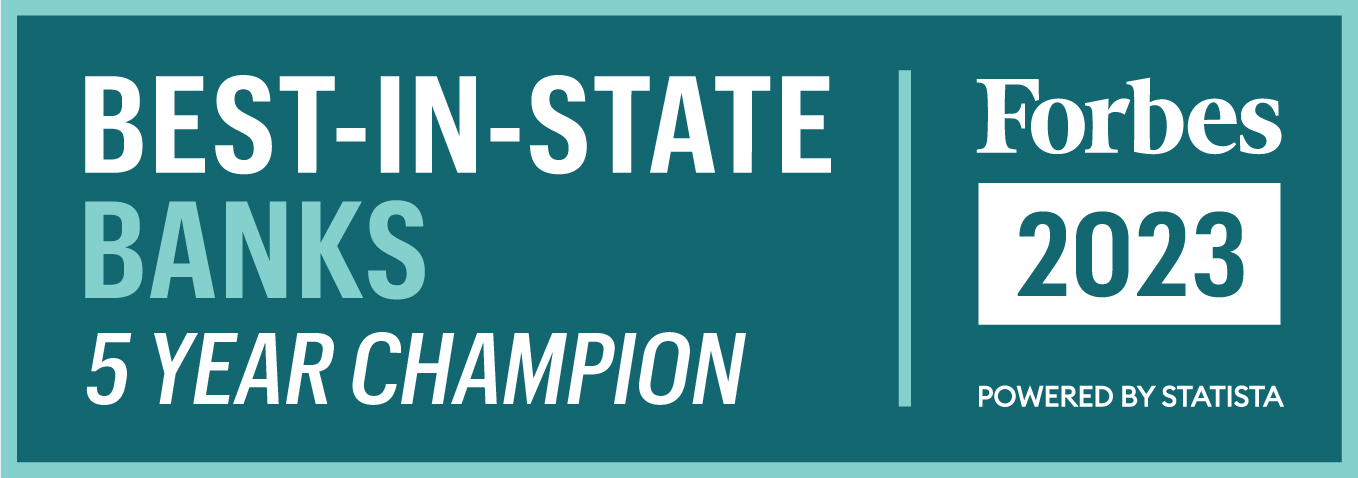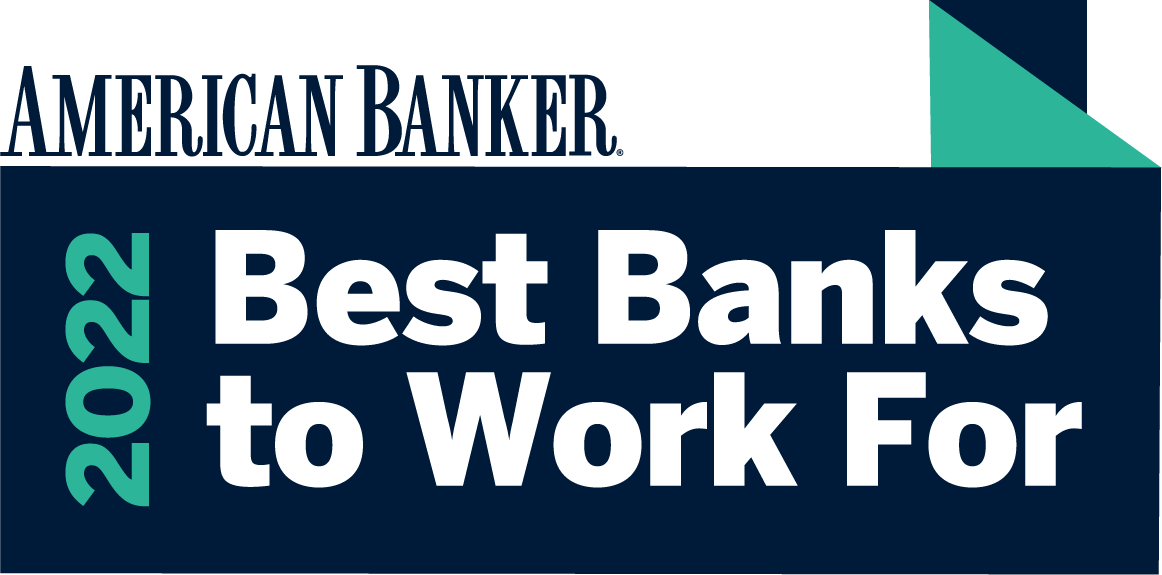While the Small Business Administration (SBA) itself does not make loans, it does guarantee loans made to small businesses by banks, credit unions and other lenders who partner with SBA. Their guarantee eliminates the need for large amounts of collateral, so it increases the possibility of approval of your financing.
SBA lenders provide loans to both struggling and thriving businesses each and every day. Many people believe that a business has to be on its last legs before it will be approved for an SBA loan. This is far from the truth. There are many benefits to an SBA loan. They include the following:
- Lower capital requirements
- No points or balloon payments
- Longer amortization periods (up to 25 years on standard 7a SBA Loans)
- Increased loan-to-value financing
The funds from an SBA loan can be used for nearly any need your business may have. This includes marketing expenses, machine upgrades, purchasing inventory, regular operating expenses like salaries and utilities, debt refinancing, and facility renovations to name a few options.
The majority of for-profit businesses potentially qualify for an SBA loan. To improve the chances that your funding request will be approved by SBA lenders it is important for you to have some money invested in the business as they believe that you will work harder because more is at stake. Also having excellent personal credit scores will go a long way to help you get approved. The SBA lenders want to see that you have good character and that you will pay the loan back. Finally, make sure you have a quality business plan prepared for the lenders. In the plan explain the amount of capital you are requesting, show step-by-step how that money will be spent, and have a strategy for how you will pay the loan back.
Before seeking financial assistance, here are some questions to ask yourself in order to evaluate your business's financing needs:
- Do you need more capital or can you manage existing cash flow more effectively?
- How do you define your need? Do you need money to expand or as a cushion against risk?
- How urgent is your need? You can obtain the best terms when you anticipate your needs rather than looking for money under pressure.
- How great are your risks? All businesses carry risks, and the degree of risk will affect cost and available financing alternatives.
- In what state of development is your business? Needs are most critical during transitional stages.
- For what purposes will the capital be used? Any lender will require that capital be requested for very specific needs.
- What is the state of your industry? Depressed, stable, or growth conditions require different approaches to money needs and sources. Businesses that prosper while others are in decline will often receive better funding terms.
- Is your business seasonal or cyclical? Seasonal needs for financing generally are short term. Loans advanced for cyclical industries, such as construction, are designed to support a business through depressed periods.
- How strong is your management team? Management is an important element assessed by lenders.
- How does your need for financing mesh with your business plan? If you don't have a business plan, make writing one your first priority. All lenders will want to see your business plan for the start-up and growth of your business.
For more information, visit www.sba.gov or contact our experienced SBA Team today!




